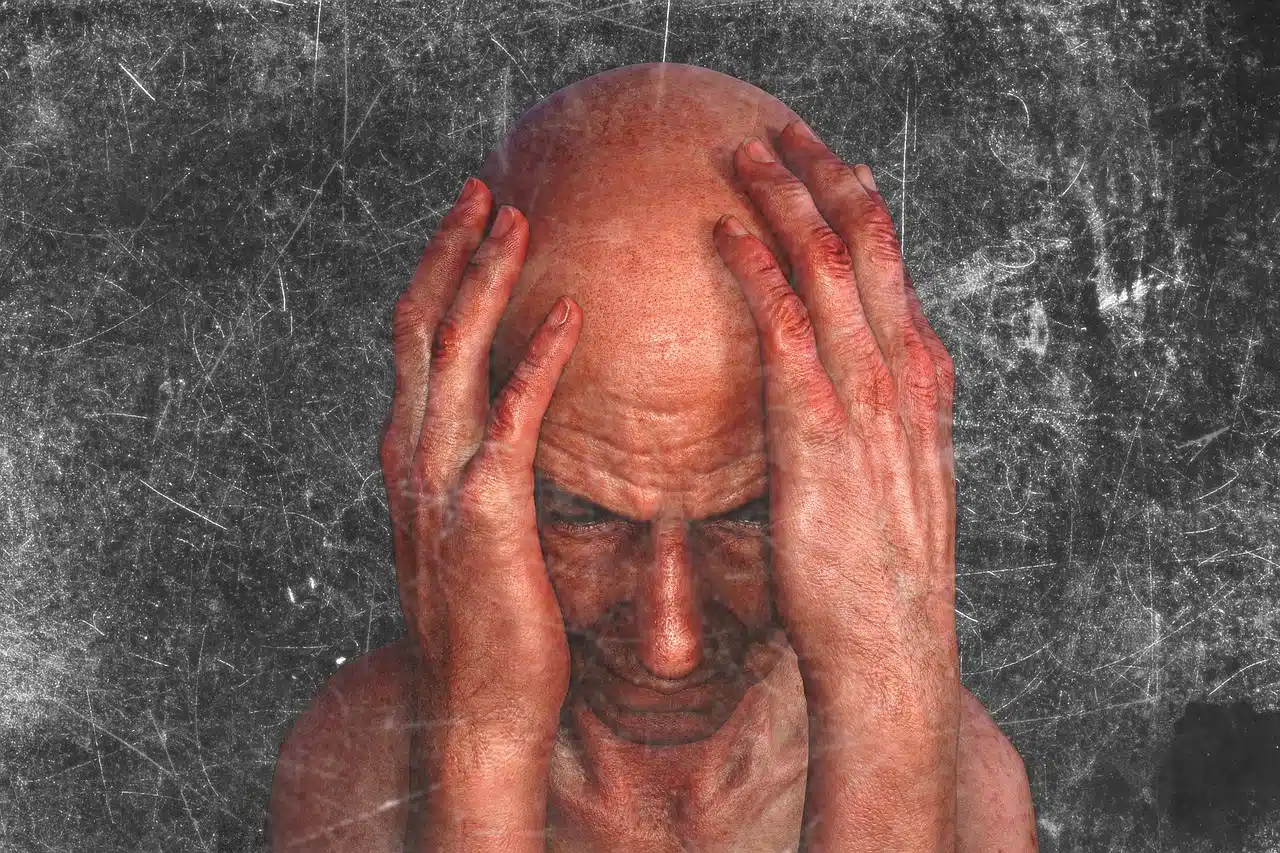
Madness can be associated with the absence of good judgment.
Madness is the deprivation of the use of reason or good judgment . Until the end of the 19th century , madness was related to the rejection of established social norms . It was even common for it to be confused with certain disorders, such as epilepsy or bipolarity.
Currently, the notion of madness is linked to a mental imbalance that manifests itself in a distorted perception of reality, loss of self-control , hallucinations and absurd or motiveless behavior.
Madness and dementia
Madness is also related to dementia , a term of Latin origin that means “away from the mind.” This disease consists of the absence or loss of cognitive functions, and generally prevents the completion of daily activities.
One of the most common cases of madness, in this context, is Alzheimer's disease , a degenerative disease that progressively destroys the brain and usually affects people over sixty-five years of age. It is a terminal and incurable disorder and, once diagnosed, the patient's life expectancy does not exceed ten years.

Madness is usually related to mental illnesses or disorders.
abnormal behaviors
In a different context, outside the field of medicine or psychoanalysis , any action that is risky, misguided or that, due to its anomalous characteristics, generates surprise , is labeled insanity. For example: “I did something crazy: I got angry with my boss and tried to hang him,” “Maria sold her house to go to the United States, but it's crazy since she doesn't have a job there and doesn't know anyone.” “Did you spend all your money? ” savings on a convertible car? “How crazy!” .
Societies tend to build a series of behavioral models that cover the different stages of human development, taking into account heterosexual men and women; Leaving aside the cultural differences of, for example, countries like Japan, Spain and the United States, all three expect more or less the same from their inhabitants: that they are born healthy and with all their limbs, that they grow up without health complications, that study a university degree or specialize in some profitable field, get married and form a new family group, in a new house.
These paradigms are nothing more than the famous "norm", what is accepted as " normal ", and any attitude or idea that goes beyond its limits is considered incorrect or, depending on the case, truly crazy. Those who engage in such reprehensible behavior are usually artists, since they live more attached to their sensitivity than the rest of the people, and are capable of leaving everything behind for their creations, to find their place in the world, without caring about what they will say, without paying attention to the absurd impositions or the attacks by those who do not understand them.
Adverbial phrases with the term madness
On the other hand, the expression “madly” is an adverbial phrase that is generally used to enhance a feeling or desire: “I love you madly,” “I madly wish that that job was mine.” In this case, the idea of madness is used to indicate that it is a very deep need, a sensation so powerful that it blinds the subject, deprives him of his common sense and drives him to do anything in order not to lose it.
Finally, the phrase “insanity” refers to events that are extraordinary or considered out of the ordinary. It can be used in various contexts, such as the narration of a meeting between friends with a wild and exciting ending, or of a very happy time in a person's life, in which everything seemed to work as expected, as if it had been of a dream
